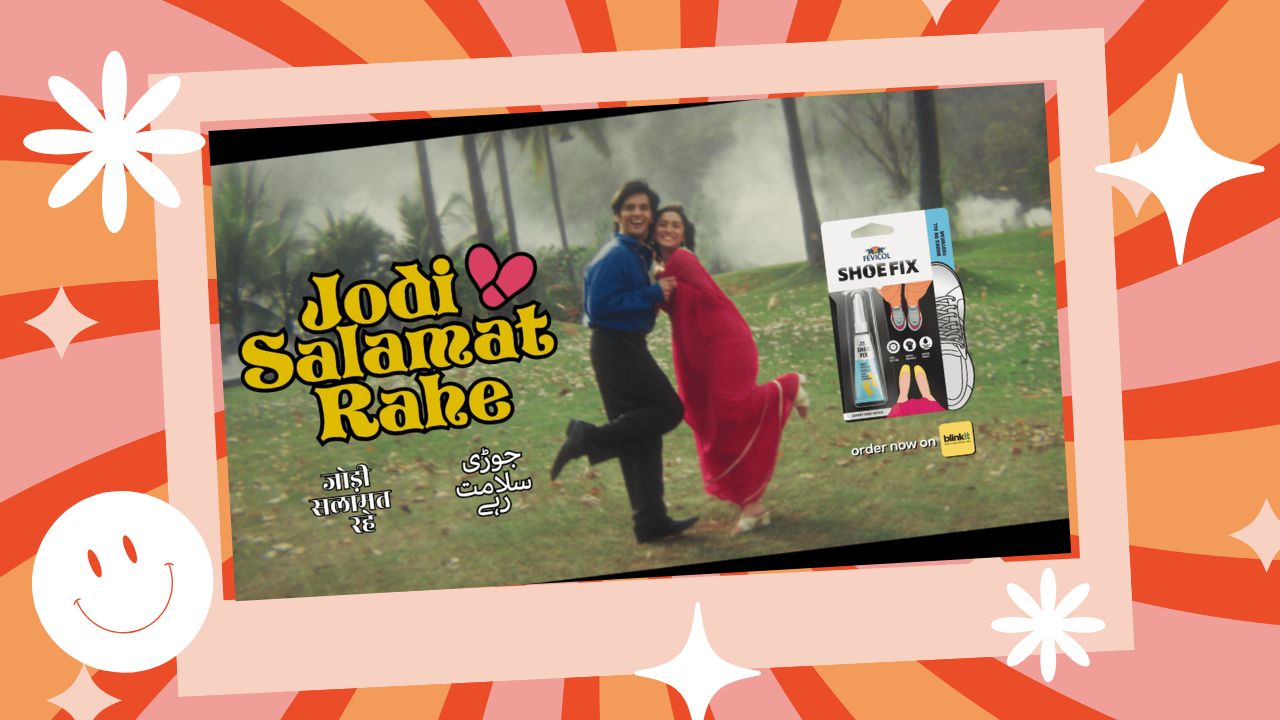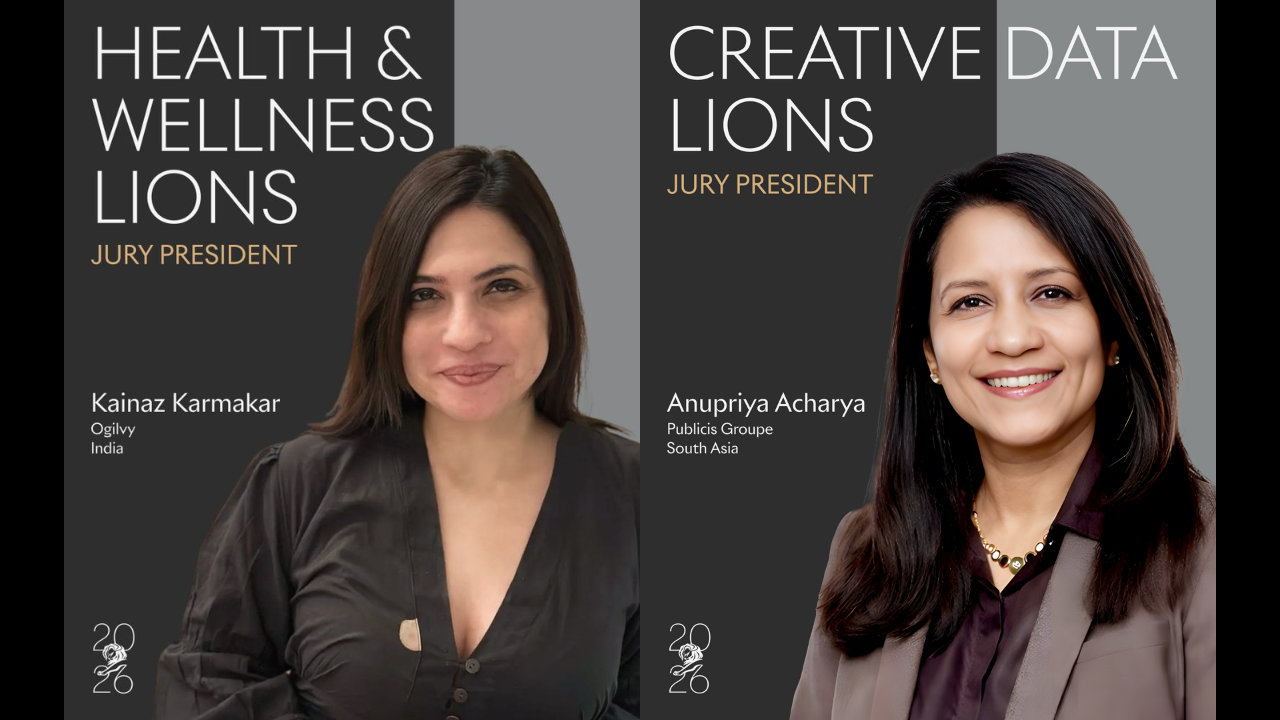Speaking at Lions Live (the online version of the Cannes Lions International Festivity) Piyush Pandey, chairperson of creative globally and chairperson India, Ogilvy, listed six learnings from his life and how they have helped him during his advertising career.
Chase your passion
Pandey, who has represented Rajasthan in Ranji Trophy cricket, reminisced how his parents were worried about his choice of pursuing the sport over academics during his younger days.
“I used to eat, drink and sleep cricket. My parents were worried about my future, and my father even asked me what I will eat as a meal when I grow up. I didn’t take him seriously and continued playing cricket. As my run rate improved in cricket, my school grades kept coming down. My father was worried about how I would get admission into a good college.” He said he had dreams of going to the best college in the country. “When I wanted to apply to the college, they didn’t want to demoralise me by saying that I wouldn’t get admission because of my grades,” he said.
That’s when his passion paid off.
“I got into college on the back of my cricket career. I continued playing cricket for my college and made it across levels,” said Pandey, before sharing learnings from his cricketing career which have helped him with advertising.
He said, “Cricket taught me a lot of things that came in handy later on. It taught me how to play for a team, how to respect your captain, then be a captain and bring out the best from your team. It also taught me how to celebrate a victory, to face defeat and how to applaud the competitor when you lose.”
He then explained the second benefit of chasing his passion.
“When I graduated and came to Ogilvy for my interview, my boss Ranjan Kapur laughed and said, you have a fantastic track record in studies in college, but we don’t know what to do with you and so we’ll hire you for your cricketing skills. And so, my passion paid off again,” he said.
Never be scared to ask a question
Pandey then spoke about the importance of asking questions.
“When I met my Ogilvy MD for my final interview, he looked at my CV and said ‘you have done your masters in history, you played professional cricket, then became a tea taster and now you want to join advertising. What is the guarantee that you will be with us one year from now?’” Pandey then asked him for a one-year guarantee of employment. “I knew there were chances that I would want to stay, but I couldn’t give him any guarantees. And he gave me the job. That was 39 years ago and the rest is history,” he said.
He followed this with a life lesson that he labelled as even more important.
“Times were changing and India was becoming big in television after the 1982 Asian Games. Indian television went colour and around 1986, the pattern was changing and shifting towards TV ads. Back then, not too many people were good at writing TV commercials. They were largely trained in writing English print ads and were unable to reach out to the culture of Indian families. The team asked me whether I’d like to join the creative department as copy chief for Indian languages. I asked the most important question: ‘Does this role, which is a language role, ever stop me from being the creative director at Ogilvy Bombay?’ They told me that it wouldn’t. I then took up the role,” said Pandey.
He also advised creatives to question the clients and their briefs without being arrogant.
There are no boring brands
Pandey then spoke about his experience of working with Asian Paints and Fevicol – brands that were perceived to be brands from ‘boring’ categories.
“I believe that there are no boring clients and no boring categories. People handed over brands like Kinetic Luna to me, an adhesive brand called Fevicol, and a paint brand called Asian Paints. All these brands required reaching out to the masses in India. When I met these clients, I realised none of them was boring; we weren’t exciting enough to make them exciting,” he said, before explaining how the brands gave him and his career a massive push.
“My work for these brands got recognised across households in India. It helped me get wonderful youngsters and to make a team that was stronger than the team I had. They wanted to do work like that and some of them did better work than me. If there’s something that you have to take back from me – remember nothing is boring. No brand, category or client is boring. You have to make them exciting,” he added.
In adversity lies opportunity
Going back to his cricket career, Pandey spoke about another learning from the sport.
“I remember a very important cricket match wherein I was going in to bat. Over half the team was out for a low score. A senior cricketer told me ‘today is your day’. People don’t remember people who did great things when things are hunky-dory. They remember a performance when the chips are down. I did bat well that day. This experience helped me in my life. In our advertising careers, there are several emergencies. Our clients also face emergencies. How good are we at living up to that? I found that the more you are pushed, the higher the chances of your better self coming out,” said Pandey.
He told the audience a story wherein he turned a difficult situation into an opportunity.
“This was when the Commonwealth Games were about to start in India. Just then, I got a call from the chairman of the Indian Railway board who was facing a crisis. The Railways were a major sponsor of the Commonwealth Games, but had never advertised earlier and had no idea how to go about it. The sponsor got 30,000 seconds of free commercial time on TV and didn’t have an ad!”
“I told him not to interfere with me and I would not be insincere with him. I couldn’t shoot trains nor did I have logo materials. I had two days. So, I shot this commercial with the concept of a human train – it demonstrated the joy of a train and the magic of Indian railways. It was a hell of a shoot! We knew that the chips are down, and we had to make the Indian Railways win,” he explained.
The biggest win for Pandey came when the ad’s soundtrack was played during the closing ceremony with all the volunteers forming a human train as they ran around the stadium.
Never underestimate the power of an idea
Stating that he has always believed in the power of an idea, Pandey said that it can change the future of categories and clients. Further, it can help make a difference in society and the world.
“None of us fall into the category of being Nelson Mandela, Martin Luther King, Mother Teresa or Mahatma Gandhi. We are not billionaires who have the resources to make hospitals and contribute in a significant way to public causes. However, we do have the power of a pen and ideas,” he said before speaking about Ogilvy India’s famous polio campaign.
“The biggest delight of our life was when in 2014, India was declared polio-free. We believed we made some contribution towards it and nothing gives me greater joy,” said Pandey.
Enjoy the journey
He concluded by asking the viewers to enjoy their journey. He urged them to have fun while creating purposeful and meaningful things.




